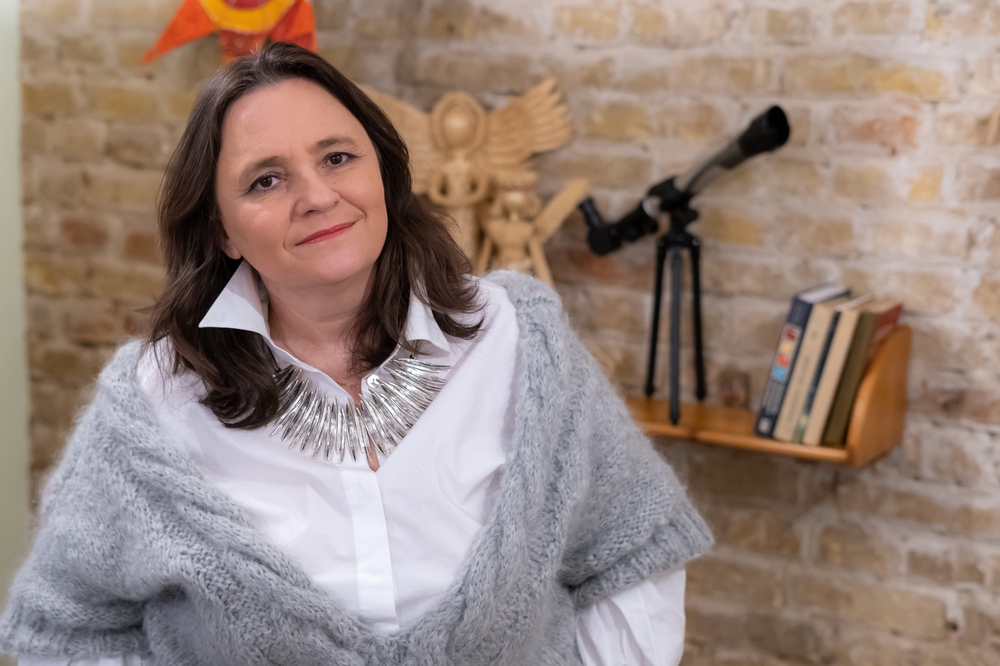News

Iryna ZHDANOVA: “Regarding the issue of education for children from TOT”
Aug. 25, 2021, 5:15 p.m.Executive Director of the Open Policy Foundation Iryna ZHDANOVA took part in an online discussion entitled “Students from the Temporarily Occupied Territories in Ukrainian HEIs: What Affects Entrance and Integration” conducted by the Sedos think tank. During the discussion, the results of the study on the factors influencing the integration of students from TOT were presented, and related issues were also discussed, in particular, how the state, universities, and NGOs can facilitate the integration of children studying at Ukrainian educational institutions.
Iryna ZHDANOVA spoke about the Foundation's experience in advocacy and the implementation of educational opportunities for entrants from the temporarily occupied territories, in particular, within the “Access to Education for Students from non-Governmental Controlled Areas (Support of the State Hotline)” project supported by the USAID’s “Democratic Governance in Eastern Ukraine” program.
According to her, the area of responsibility of institutions should be divided into several levels.
“The first level is geopolitical. Of course, the Russian Federation plays the key role here preventing entrants from the temporarily occupied territories from entering Ukrainian educational institutions. Because education is a factor that forms the values, and ultimately, the priorities of voters,” says Iryna. “Russia, as an aggressor country that cannot accept the independence of Ukraine, as well as the occupation authorities of the temporarily non-governmental controlled areas of the Luhansk and Donetsk regions react very sharply to this. The hybrid war continues and it is necessary to clearly understand that it is an element of geopolitics and an issue of international negotiations, involving also the UN platforms in New York and the framework of the tripartite contact group in Minsk.”
Iryna ZHDANOVA considers that it is impossible to carry out effective work at the second national level without interdepartmental coordination.
“We have been initiating the establishment of an interdepartmental commission under the Prime Minister for several years. Unfortunately, this issue is still unresolved,” says Executive Director of the Open Policy Foundation. “As a result, we face an imbalance, the lack of a single effective program, non-transparency in some issues, in particular, the distribution of budget funds that should be directed to educational programs for children from TOT. In the end, a large number of public organizations had to take over the functions of the ministries - MoES, MRTOT, and MKIP. Since 2015, I have been asked why the Open Policy Foundation is doing what the MoES should work on. Thus, regarding the issue of education for children from TOT, it is necessary to clearly understand which functions should be performed by the state and which one – by NGOs. But I have a clear answer: if the state is not capable of this during the war, let non-governmental organizations perform this work. This issue relates to the sphere of national interests.”
The third level is regional. Describing it, Iryna ZHDANOVA outlines the risks associated with the politicization of educational processes.
“Today, in the conditions of decentralization, a lot of powers have been given to local authorities, that is why obvious disadvantages exist with the advantages of the development of self-government. We know the political situation in the Donbas, when pro-Russian parties win the elections, in fact, forming local politics. Accordingly, there are many situations when the pro-Ukrainian positions of both teachers and, in general, schools are persecuted using reductions, optimization of education institutions, non-transparent competitions when uncomfortable principals are removed from office,” says Iryna ZHDANOVA. “In conclusion, I want to say that the interaction of state institutions and the public sector requires a professional discussion, taking into account the experience and respect for each partner. My great motivation is synergy in action. I believe that the Foundation's recommendations will be included in the Cedos study and sooner or later an interdepartmental commission will be created and we will work on a parity basis to help entrants from the temporarily occupied territories.”
